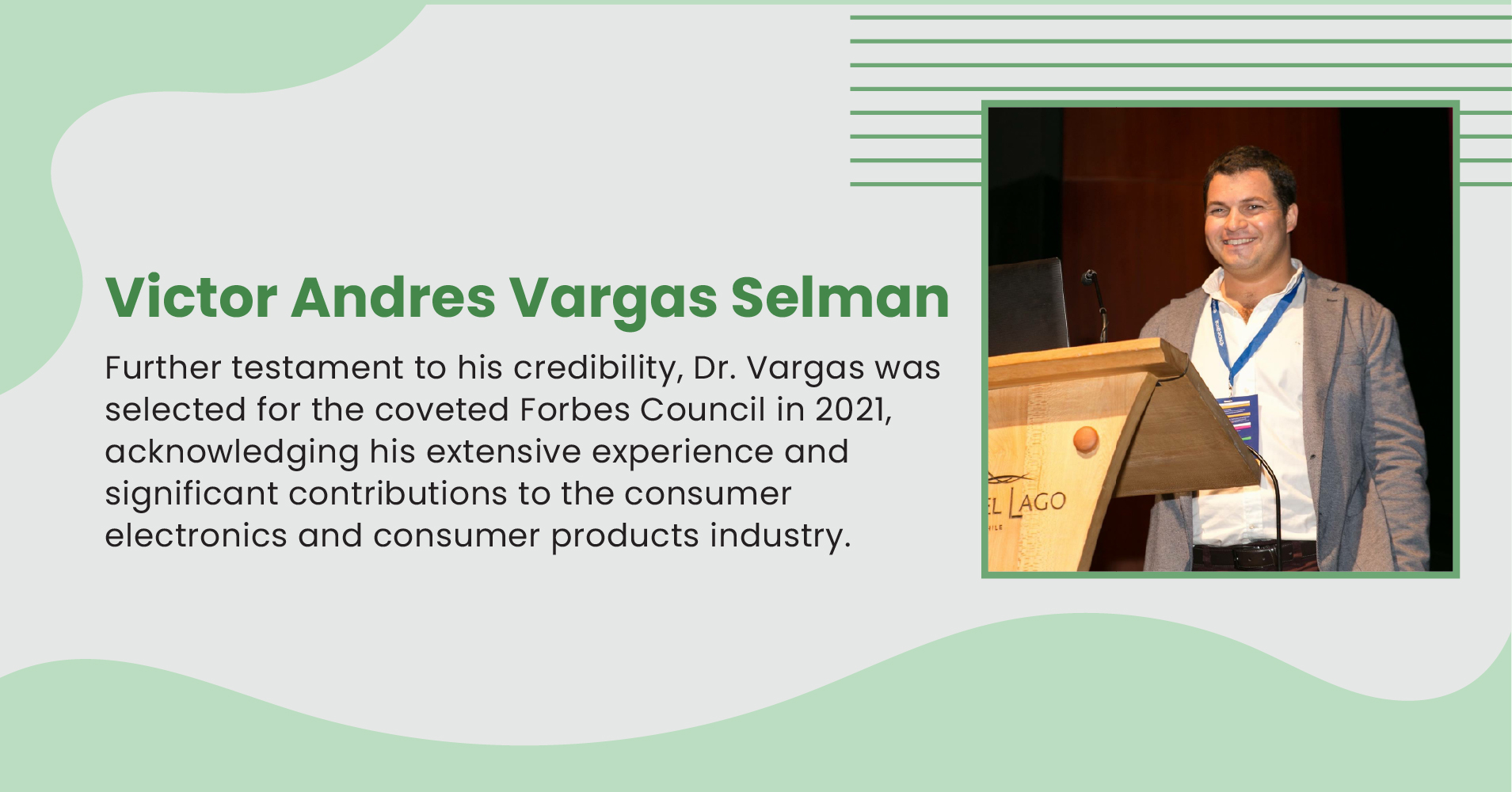
In healthcare, innovation is not merely a buzzword but a driving force that propels humanity towards a brighter, healthier future. From groundbreaking treatments to cutting-edge technologies, the landscape of medical innovation continually evolves, charting new horizons and pushing the boundaries of what’s possible. In this article, we delve into the transformative power of medical innovation, exploring its current state, prospects, and profound impact on individuals and society.
The Current Landscape of Medical Innovation
The past few decades have witnessed an unprecedented surge in medical breakthroughs fueled by science, technology, and interdisciplinary collaboration advancements. From genomic editing and personalized medicine to artificial intelligence and robotics, the toolbox of medical professionals is expanding at an exponential rate.
One of the most remarkable areas of innovation is precision medicine, which tailors treatments to individual patients based on their genetic makeup, lifestyle, and environmental factors. This approach has revolutionized how we diagnose and treat diseases, leading to more effective outcomes and fewer adverse effects.
Moreover, integrating artificial intelligence (AI) and machine learning algorithms transforms healthcare delivery, from diagnostic imaging and predictive analytics to drug discovery and patient care. These technologies have the potential to enhance decision-making, streamline workflows, and improve overall efficiency within healthcare systems.
Emerging Trends and Future Prospects
As we look to the future, several emerging trends are poised to shape the trajectory of medical innovation. One such trend is the convergence of biology and technology, often called bioelectronics or electroceuticals. By interfacing with the body’s electrical systems, these devices hold promise for treating various conditions, including neurological disorders, chronic pain, and even autoimmune diseases.
Another area of intense research is regenerative medicine, which aims to harness the body’s natural healing processes to repair or replace damaged tissues and organs. From stem cell therapies and tissue engineering to 3D bioprinting, scientists are unlocking new avenues for tissue regeneration and organ transplantation, potentially alleviating the shortage of donor organs and improving patient outcomes.
Furthermore, the rise of telemedicine and remote monitoring technologies is revolutionizing the delivery of healthcare services, particularly in underserved or rural areas. By leveraging digital platforms and connectivity solutions, patients can access medical care from the comfort of their homes, reducing the burden on traditional healthcare facilities and enhancing accessibility for marginalized populations.
The Impact of Medical Innovation on Society
The impact of medical innovation extends far beyond the confines of the laboratory or clinic, reverberating throughout society and reshaping how we perceive health and wellness. By enabling earlier detection, more precise interventions, and better management of chronic conditions, medical innovation can prolong and improve the quality of life for millions of people worldwide.
Moreover, the economic implications of medical innovation are profound, driving job creation, stimulating investment, and fostering economic growth in regions where healthcare innovation thrives. Startups and biotech firms are at the forefront of this innovation ecosystem, attracting talent, capital, and strategic partnerships to fuel their quest for groundbreaking discoveries.
Furthermore, medical innovation is crucial in addressing global health challenges, from infectious diseases and pandemics to non-communicable diseases and maternal health. By developing new vaccines, treatments, and preventive strategies, the international community can build resilient health systems and mitigate the impact of emerging threats on public health.
Navigating the Frontiers of Medical Innovation
As we navigate the ever-expanding frontiers of medical innovation, embracing a forward-thinking mindset and fostering a culture of collaboration, creativity, and compassion is essential. By harnessing the collective expertise of scientists, clinicians, engineers, and policymakers, we can overcome healthcare’s most pressing challenges and unlock new opportunities for healing, discovery, and human flourishing.
The journey of medical innovation is an ongoing quest for knowledge, discovery, and transformation. By charting new horizons and pushing the boundaries of what’s possible, we can realize the full potential of science and technology to improve health outcomes, enhance patient experiences, and build a more equitable and sustainable future for all.
This SEO-optimized article explores the transformative power of medical innovation, examining its current state, prospects, and societal impact. The possibilities are endless, from precision medicine and AI-driven healthcare to regenerative medicine and telemedicine, offering hope and healing to individuals and communities worldwide. As we navigate these uncharted waters, let us embrace the spirit of innovation and collaboration, charting a course toward a healthier, more resilient future.